
Delay in Justice delivery destroys human dignity of litigants, accused
A news emanating from Dehradun, Uttarakhand, dated 12th August 2024, reminded me of a short story by Leo Tolstoy titled ‘God Sees the Truth, But Waits.’ It was among the 50 world’s greatest short stories.
But first the news that made me reflect on life and destiny of a human being — rich or poor, powerful or weak.
The man in the news (name not given), 42 years old, worked as a laundry man in Dehradun. He had two daughters. The elder was fifteen years old. Apparently a minor.
On Dec. 25, 2019 the Child Welfare Committee (CWC) registered a complaint wherein the CWC said that “the girl had told them about sexual abuse by her father and her younger sister also supported her claim.”
The girl’s father was arrested and sent to jail on Dec. 27, 2019.
Investigation began leisurely at its own snail’s pace though, normally, it should not be so in a case like this.
During the investigation, Police recovered some letters written by the girl to her beau, boyfriend. When Police questioned about these letters she confessed that she was in love with the boy who instigated her to lodge a complaint with CWC and she agreed. She already had a grudge against her father due to his disapproval of her relationship with the boy and for skipping school.
The case went for trial and the girl’s medical reports came negative and it could not be confirmed that she had been raped. Based on the evidence, the Judge declared that man innocent and acquitted him.
Truth has triumphed. But after how many years? Five years. And he was in jail all the while, may be because there was no provision for bail in rape cases or being a poor man he was not able to secure bail. However, this is a case where God saw the Truth but waited for five years!
If the investigating agency had worked fast enough the poor laundry man would have come out of the prison a few years earlier. This is where our law-makers in the new Parliament House should apply their mind and act.
Adjournments in Court cases is often a ploy to gain advantage either to the prosecution or the defence, depending upon multiple factors that our Judges must be able to see through and say NO. As long as Judges are condescending, there is no chance of expediting the hearing of a case and delivering justice in time. Delay in justice delivery impacts the litigant and the accused adversely in life.
Imagine an accused, who is an undertrial and remains in jail for more years than he would if convicted and sentenced!
Also imagine a situation where an accused is acquitted after many years in jail as an undertrial, as in the case of the Dehradun laundry man. God may see the Truth, but waits too long to be of any help to the innocent. Such inordinately delayed acquittal will not erase the stigma from a person’s persona.
Now let me return to Leo Tolstoy’s story that I read while hibernating during the period of COVID-19 pandemic and give my own edited version of it:
In the town of Vladimir lived a young merchant named Ivan. He was married with two small children. One summer’s day he told his beloved wife that he would go to a Fair in a far away place to make purchases. She told him not to go on that day as she had a bad dream about him but he bade goodbye to his family and left in his horse-drawn coach.
When Ivan had travelled half-way on his journey he met a merchant whom he knew and decided to put up at the same Inn for the night. After dinner they went to bed in adjoining rooms.
Next day he got up early morning, settled the bill and continued his onward journey. After travelling about 25 miles, he stopped to feed his horses. Suddenly a troika, coach with three horses, drove in and a Police Officer followed by Policemen, alighted.
He came to Ivan and asked him who he was and from where he came. Even as Ivan was wondering why he was grilled that way, the Police Officer said that the merchant with whom Ivan had spent last night had been found murdered with his throat cut. So, the Officer wanted to check Ivan’s luggage.
Suddenly the Officer drew a knife out of Ivan’s own bag with blood stains. He was arrested despite pleading innocence. He was convicted and sent to that notorious prison in Russia’s Siberia.
Time passed. Ivan was living there in the prison for 26 years and had turned old and weak before his age. He had lost interest in life but he often prayed. He lost touch with his family and did not know if his wife and children were still alive.
One day a fresh gang of convicts came to the prison. The old and new prisoners used to gather and exchange their experience in crime and how they landed in the prison.
Ivan asked one of the new-comers, Makar, who claimed to come from Ivan’s town, if he knew of his family.
Makar said yes, adding that the father of that family was in Siberia!
Then it was told to Makar how someone had killed a merchant and had put the knife among Ivan’s things in the luggage and thus he was unjustly condemned.
Hearing this, Makar confessed that it was he who had killed the merchant and put the knife in Ivan’s luggage before escaping.
Now what? Imagine the real murderer and the innocent convict facing each other. Makar was overcome by remorse and confessed the Truth to the Jail Officials. He hoped Ivan would be released.
Yes, the release order came, but Ivan was already dead. Miscarriage of justice. God sees the Truth but waits! No. God and our Judges should not take too much time to see the Truth.
Tail-piece: In this story, there is an episode that should shake the faith of any innocent accused person in the humanity. When Ivan was arrested his wife was allowed to see him. When they met, he hoped she would stand by him, engage a lawyer and defend him. But when she, during her meeting with him, passing her fingers through his hair, said, “My dearest, tell your wife the Truth; was it not you who did it?” he was devastated.
“So you too suspect me!” said Ivan and hiding his face in his hands, he began to weep. Police came and took him away. He said to himself, “It seems that only God can know the Truth; it is to Him alone we must appeal, and from Him alone expect mercy.”
In the late 1960s when I first read this as a journalist my eyes became wet. I was just 25 years old then.
Swami Vivekananda said, “You are the architect of your destiny.” After reading this short story, I am left wondering if I am the architect of my destiny or the God. I guess, this must be the question nagging the minds of many.
e-mail: [email protected]



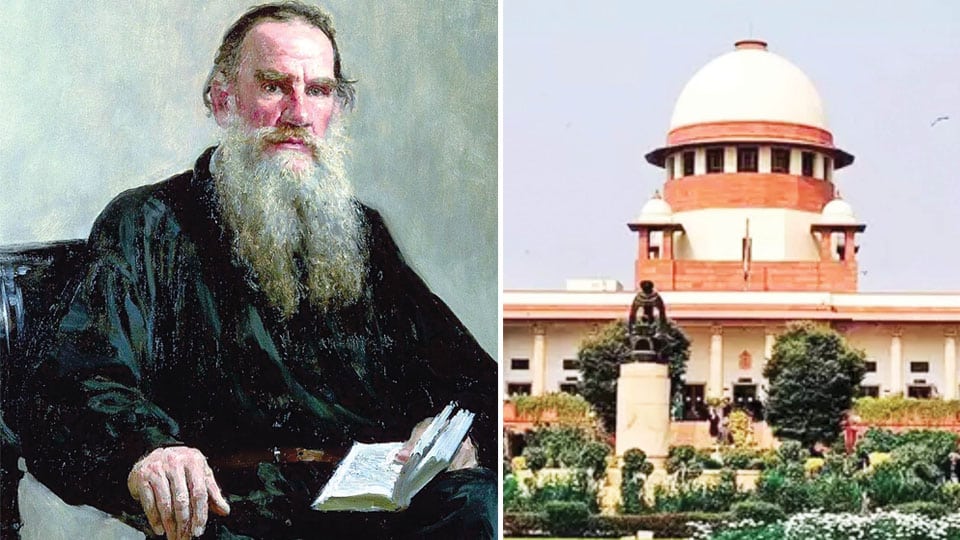
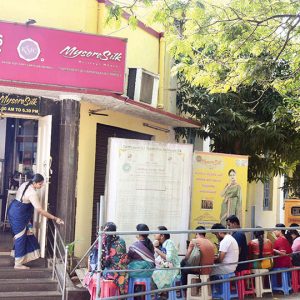
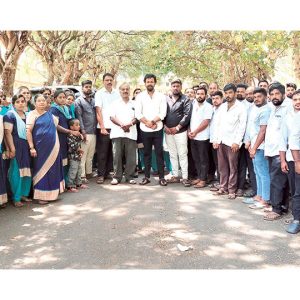
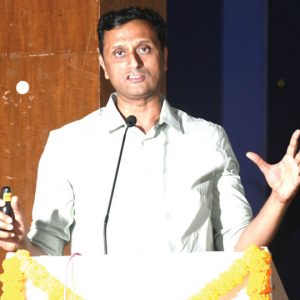
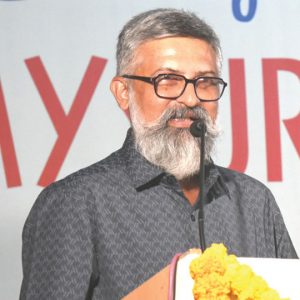
Recent Comments